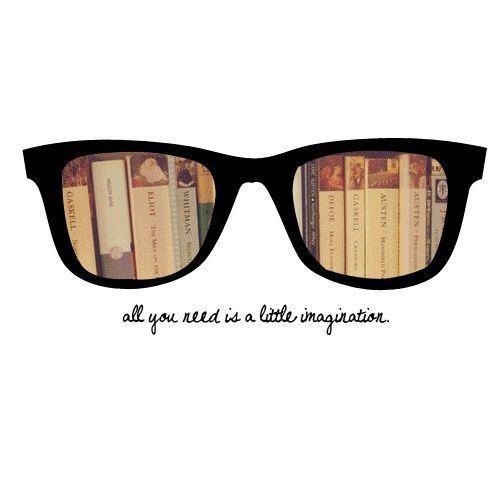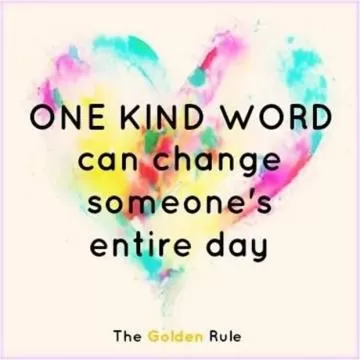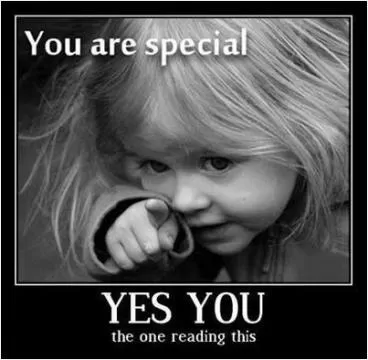All you need is a little imagination

All you need is a little imagination
In the world of literature and storytelling, the power of imagination cannot be underestimated. It is often said that all you need is a little imagination to create a world of endless possibilities. This sentiment holds true when it comes to the use of "little words" in writing.Little words, such as "and," "but," "or," and "if," may seem insignificant on their own, but when used creatively, they can add depth and complexity to a piece of writing. These small words serve as the building blocks of language, connecting ideas and shaping the flow of a narrative. With a little imagination, writers can manipulate these words to create unique and engaging stories that captivate readers.
Consider the simple word "and." On its own, it may seem unremarkable, but when used strategically, it can connect two seemingly unrelated ideas to create a sense of continuity and flow in a story. For example, "She was tired and hungry" conveys a sense of the character's state of being more effectively than simply stating "She was tired. She was hungry." By using the word "and," the writer is able to paint a more vivid picture for the reader.
Similarly, the word "but" can be used to introduce conflict or contrast in a narrative. For instance, "He was kind, but he had a temper" sets up a tension between the character's positive and negative traits, adding depth to their personality. By using this little word, the writer is able to create a more nuanced and compelling character.
In the same vein, the word "if" can be used to introduce possibilities and hypothetical scenarios in a story. For example, "If she had known the truth, she would have acted differently" sets up a sense of regret and hindsight in the narrative. By using this little word, the writer is able to explore different outcomes and add layers of complexity to the plot.












 Friendship Quotes
Friendship Quotes Love Quotes
Love Quotes Life Quotes
Life Quotes Funny Quotes
Funny Quotes Motivational Quotes
Motivational Quotes Inspirational Quotes
Inspirational Quotes